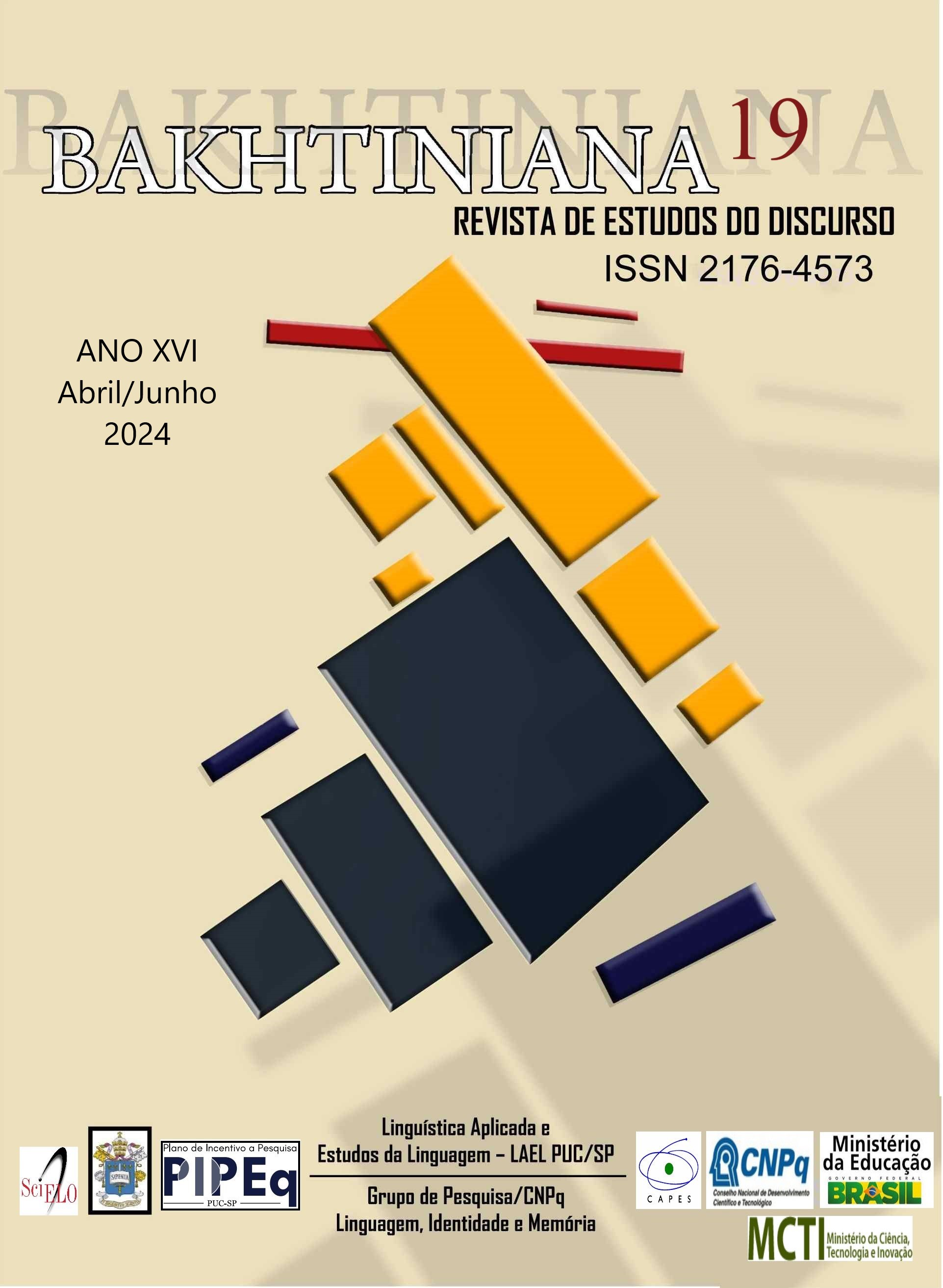Polyphony of Unguided Voices: A Bakhtinian Reading of Hosseini’s The Kite Runner
Keywords:
Bakhtin, Polyphony, Khaled Hosseini, The Kite RunnerAbstract
The Russian philosopher Mikhail Bakhtin had given a variety of concepts to appreciate and analyze a novel. In this study, there is an attempt to apply the Bakhtinian intellectual tool of polyphony to unearth the deeper layers of Khaled Hosseini’s novel The Kite Runner. We argue that the novel is polyphonic through and through since it reverberates with multiple voices of various characters, and the novel’s narrative structure also supports this multiplicity of viewpoints. The novel defies the traditional path of having the final word from the author or the narrator. In many situations, the narrator’s voice struggles and fumbles with confusion, but the voices of some of the characters come up clearly and remain firm on certain aspects. This paper will provide a systematic exposition and an analysis of the novel The Kite Runner from the Bakhtinian lens to appreciate the anti-authorial mode where pluralism (polyphony) is celebrated.
References
BAKHTIN, Mikhail. Discourse in the Novel. In: BAKHTIN, Mikhail. The Dialogic Imagination: Four Essays. Transl. Caryl Emerson; Michael Holquist. Austin: University of Texas Press,1981a. pp. 259-422.
BAKHTIN, Mikhail. Forms of Time and of the Chronotope in the Novel. Notes toward a Historical Poetics. In: BAKHTIN, Mikhail. The Dialogic Imagination: Four Essays. Transl. Caryl Emerson; Michael Holquist. Austin: University of Texas Press,1981b. pp. 84-258.
BAKHTIN, Mikhail. Epic and Novel. Toward a Methodology for the Study of the Novel. In: The Dialogic Imagination: Four Essays. Transl. Caryl Emerson; Michael Holquist. Austin: University of Texas Press, 1981c. pp. 30-83.
BAKHTIN, M. Problems of Dostoevsky’s Poetics. Edited and translated by Caryl Emerson; introduction by Wayne C. Booth. Minneapolis: University of Minnesota Press, 1984.
ARAÚJO, Nádia Barros de; ARAÚJO, André Luis de. “The Heterodiscursivity in Fantastic Narratives of Social Tradition”. Bakhtiniana. Revista de Estudos do Discurso, vol. 18, no. 1, Dec. 2022, pp. Port. 87-111 / Eng. 84, https://revistas. pucsp. br/index. php/bakhtiniana/article/view/58248. Accessed on 15 July, 2023.
BEAUVOIR, Simone de. The Second Sex. Vintage Classics, London, 2015.
BUTLER, Judith. Gender Trouble. Routledge, 2006.
DENTITH , Simon. Bakhtinian Thought: An Introductory Reader. Routledge, 1995.
DU, Juan. (2017). A Journey of Self-Actualization of Amir in The Kite Runner. English Language and Literature Studies. http://dx.doi.org/10.5539/ells.v7n3p90. Accessed on 25 October, 2023.
HOOKS, Bell. Understanding Patriarchy. In: HOOKS, Bell. The Will to Change: Men, Masculinity and Love. Washington Square Press, 2004. pp. 28-42.
HOSSEINI, Khaled. The Kite Runner. Bloomsburry Publishing, London, 2007 (Print).
MORSON, Gary Saul; CARYL Emerson. Mikhail Bakhtin: Creation of a Prosaics. Stanford University Press, 1990.
O’BRIEN, S. Translating Trauma in Khaled Hosseini’s The Kite Runner. In: O’ Brien, Trauma and Fictions of the “War on Terror,” Routledge, 2021. pp. 36–66. https://doi.org/10.4324/9781003172215-1-2. Accessed on 25 October, 2023.
PRAISE for The Kite Runner. Princeton Book Review. n.d. https://www.princetonbookreview.com/book_pages/discussion/kite-runner-praise.php. Accessed on 28 January, 2024.
SHUBHI; VIKASH, Sneha; RACHNA; SHAHLA Rehana. Does Hosseini Portray Western-Centric View of Afghanistan in His Novels? Explore-Journal of Research, vol. XI no.2., 2019, pp. 1-7, https://patnawomenscollege.in/upload/Explore%20vol%20XI%202/detal/d1-min.pdf. Accessed on 25 October, 2023.
VOLOŠINOV, V. Marxism and the Philosophy of Language. Translated by Ladislav Matejka and I. R. Titunik. Cambridge, MA: Harvard University Press, 1986.
Downloads
Published
How to Cite
Issue
Section
License
Copyright (c) 2024 Bakhtiniana. Revista de Estudos do Discurso

This work is licensed under a Creative Commons Attribution 4.0 International License.
The authors grant the journal all copyrights relating to the work published. The concepts expressed in signed articles are absolute and exclusive responsibility of their authors.







